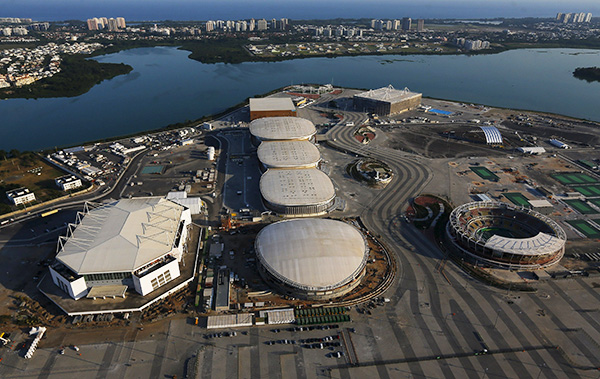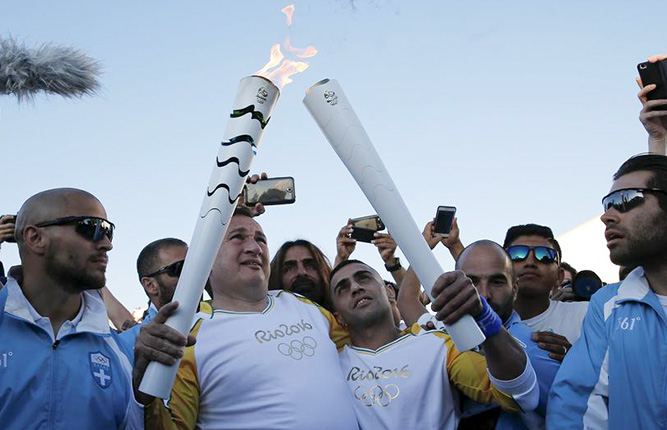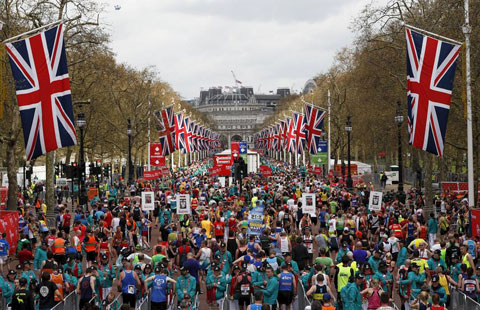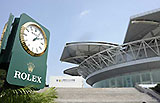100 days to go: Will Rio be ready for Olympics?
(Xinhua) Updated: 2016-04-27 10:04
 |
|
An aerial view shows the 2016 Rio Olympic park in Rio de Janeiro, Brazil, April 25, 2016. [Photo/Agencies] |
City infrastructure
While most of Rio's Olympic sports venues are on track to be completed on time, there have been concerns about delays to new transport links, particularly a new subway line connecting the city to Olympic Park in Barra da Tijuca.
Hundreds of engineers and laborers are working around the clock to complete the project before its July 1 deadline.
According to the government, the line will transport more than 300,000 people a day and greatly reduce traffic congestion in the city's south and west.
Infrastructure concerns heightened last week when an elevated bicycle track collapsed into the sea, killing at least two people.
The incident prompted Rio mayor Eduardo Paes to return early from a visit to Greece for the Olympic torch lighting ceremony. Upon his arrival he described the accident as "unacceptable" and promised a full investigation.
Security
The government has said it will deploy some 38,000 armed forces during the Games, backed up by 48,000 police and firefighters. The security operation is about twice the size of that used for the London Games in 2012.
Despite a commitment to ensuring the safety of athletes, officials and tourists, the government last month cut its Olympic security budget by 550 million US dollars.
Officials said the move would mainly impact investments that are not directly related to the Games, such as an urban pacification unit within the Mare shanty town complex in Rio's north.
Plans to establish the unit before the Games have now been postponed to an undefined date.
Late last year the government announced it was liaising with international intelligence agencies to quell the threat of terrorist attacks during the Games.
Pollution
Earlier this month IOC chief Thomas Bach guaranteed the Games would be safe for sailing events despite concerns about water quality in Rio's Guanabara Bay.









